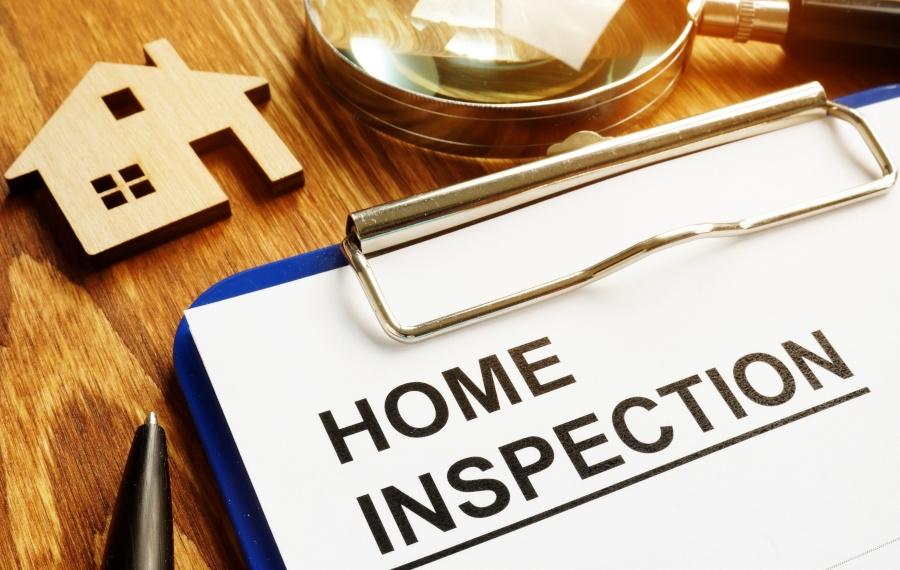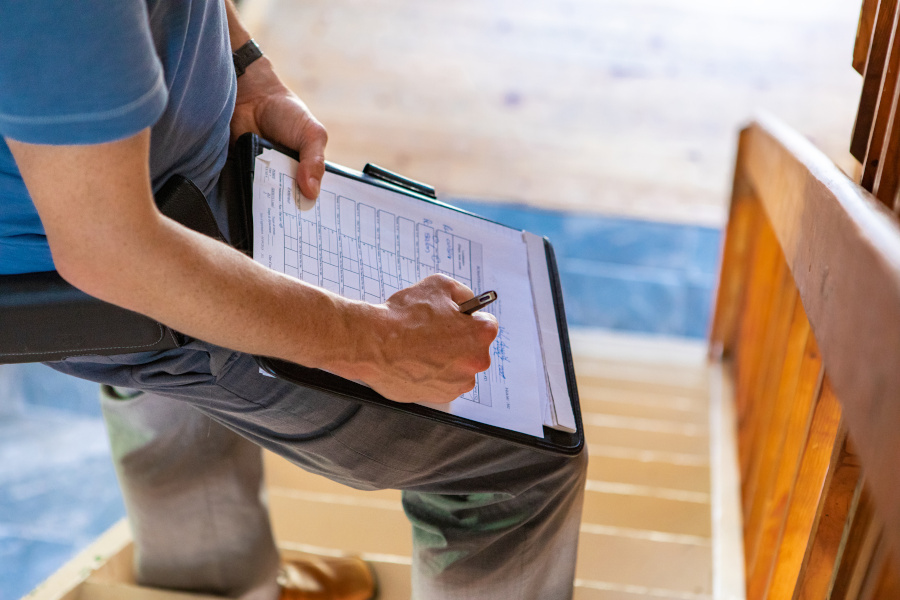6 Essential Home Inspection Tips For Buyers

Although buying a new house is exciting, the process can sometimes be daunting. One of the most time-consuming parts of home buying is the inspection process. It's where you may discover the flaws of a house you're already planning to buy. As stressful as the experience can be, a home inspection is a crucial part of buying a house that you shouldn't miss.
Here are some home inspection tips if you're planning to buy a home:
1. Know What A Home Inspection Covers
It's essential that you know what a home inspection entails. Remember that a home inspection should focus on a property's mechanical, structural, and safety-concerned features. It's also a non-invasive and visual process, which means you only check for issues around the home. Problems with the appearance of the home such as paint, floor covers, and décor aren't a priority, although these can be discussed with your inspector.
If you're planning to buy a property in Colorado, a home inspection Colorado Springs team will check the following areas:
- Roof: checks the condition and type of roof, including gutters, flashings, chimneys
- Exterior: A home inspection should first check a home's exterior, including the doors, windows, eaves, siding, driveways, walkways, drainage, decks, porches, and other exterior parts of the home
- Interior: The inspector will also check the stairways, ceilings, walls, windows, floors, and doors.
- Crawlspace, basement, and foundation: This part of the inspection can help determine major structural problems in the house.
- Electrical: This part of the home inspection will check the power outlets, switches, and the presence or condition of smoke and gas emission detectors. Fuse boxes and circuit breakers will also be checked.
- Plumbing: The inspection team will help check the location and functionality of fuel and water mains. It'll also check the operation and conditions of showers, tubs, sinks, toilets, drain, and other plumbing parts of the home.
- Heating, Ventilation, and Air Conditioning (HVAC): This will help determine the condition of the HVAC system of the home and check for problems.
- Insulation, ventilation, and attic: This part of the inspection will check if the home has enough ventilation and insulation.
2. Manage Your Expectations
It's crucial to remember that any home, regardless of how much you love it, has potential issues. Even newly constructed homes may have problems, so it's best to manage your expectations. The inspector may encounter imperfections or flaws that could be frustrating for you, so decide beforehand on factors that you're willing to compromise on.
The inspection report will tell you about areas of major concern. These problems will greatly affect the value of a property, which is why the inspector will perform further testing or request evaluation from specialists. The report will also indicate defective items in the home and those with minor defects, which may need repair.
3. Perform A Pre-Inspection
Doing a pre-inspection on the property will help you prepare for the actual home inspection. Visit the property so that you can take notes and pictures of things that you need the inspector to thoroughly check.
4. Be There During The Inspection
Although a buyer's presence isn't required during the inspection, it's best for you to be there. It's during the home inspection that you see the details of the home you're planning to buy. Many buyers don't take the details written in inspection reports seriously because these can be very lengthy. Instead of poring over the details in the report, it would be better to set aside time for the actual inspection to allow you to personally see the areas or things that concern you the most.
5. Ask Questions
If you have any questions, the best time to ask them is during the inspection. This way, the inspector can address your concerns right away. If anything is unclear to you, let the inspector know to ensure that you're both on the same page.

6. Read The Report
The inspection report will help you make smart decisions regarding the purchase of the property with full awareness of its flaws. Even if you're present during the inspection, it's still important to read the report. You can also review the report with the inspector so that they can immediately answer your questions. If you're unable to do this, you may also schedule another meeting with the inspector or send your questions through email.
Final Thoughts
Buying a home is a big decision that you shouldn't do in haste. Even if you've already fallen in love with a property during your house hunting, a home inspection is recommended to determine any underlying issues. The final inspection report will also come with recommendations, which you may consider before making a final decision. Better yet, you should be around during the inspection so that you can see potential problems firsthand.